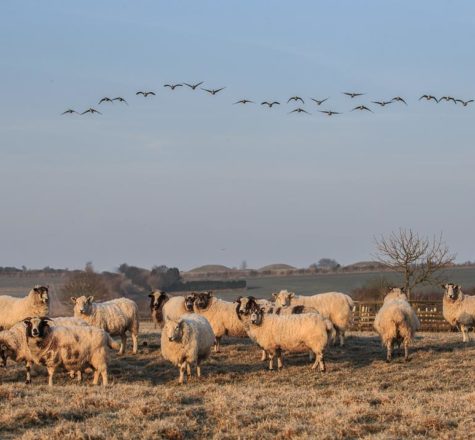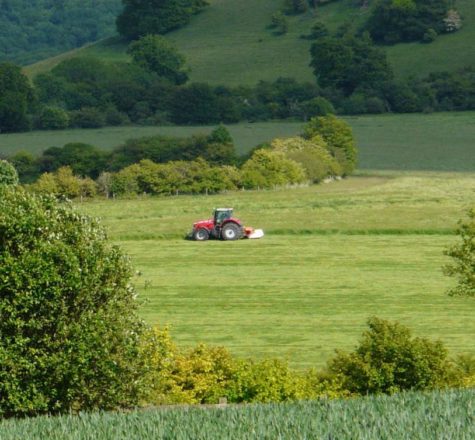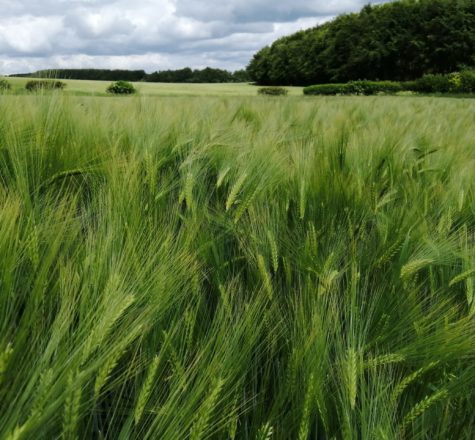Assessment & Rates
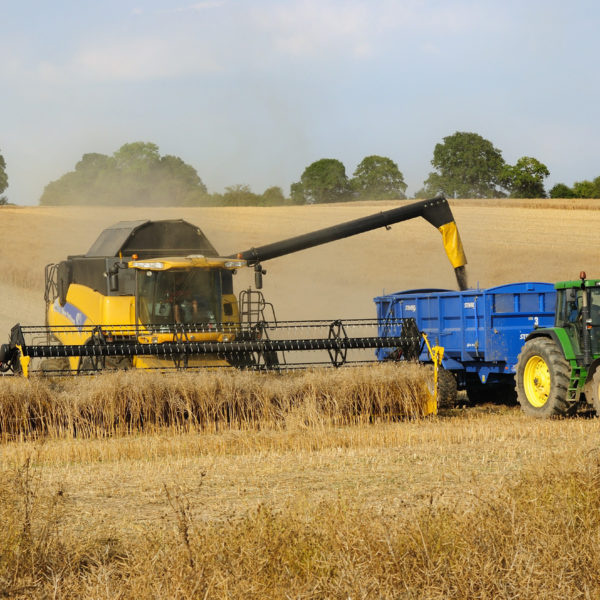
Eligibility
Applicants must have management control. If tenants, the applicant will need landlord approval. If on a commons, a commons agreement will be needed. If the application is for a cluster/group/partnership there will need to be a lead applicant and a group agreement.
Applications that consist of legal or statutory duties of the applicant are not eligible. FIPL can fund work that goes beyond the statutory minimum, though only works above the threshold.
Where an applicant is receiving payments from elsewhere for that action in that location (i.e. double funding), whether from another DEFRA scheme or otherwise for the action in that location, the application is not eligible.
Applications that include activities that are likely to overlap with the general conditions of Inheritance Tax Exemptions are not eligible.
Machinery assets (for example a brush harvester for grassland restoration) should be maintained for 5 years from the date of purchase.
The requirement to maintain natural, cultural and access activities delivered as part of programme will end no later than 1 April 2025.
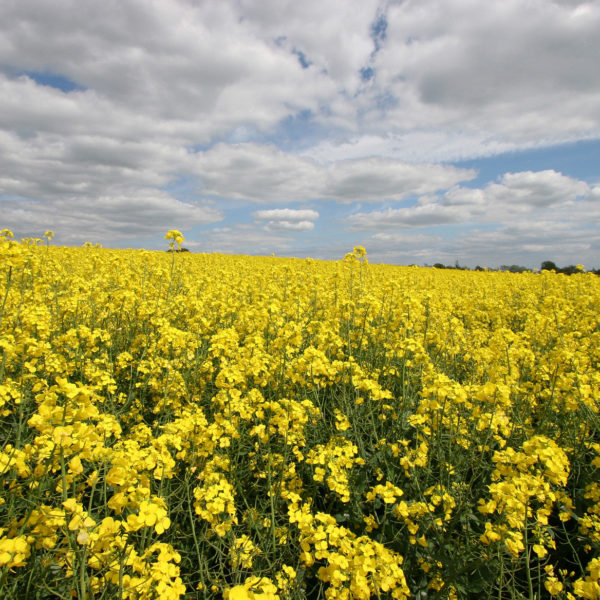
Payment rates
Where there is no commercial gain – up to 100% of the costs.
Where an applicant would benefit commercially from a project – 40% to 80% depending on how much commercial benefit is derived.
If an activity is equivalent to one under Countryside Stewardship (CS), or other DEFRA grant or Scheme, the Programme payment rate will be the same as this rate. If not, funding offers will be based on the projected costs of an activity. Where you are applying to fund an activity for which there is no standard Countryside Stewardship rate, you will need to be able show that the associated costs represent value for money – this is based on getting quotes or comparators for the work, or for self-delivery the applicant may use day rates and costings published in Nix Farm Handbook, the Agricultural Costings Book or the Central Association of Agricultural Valuers. Where any single item is below £5,000 only one quote is required.
Capital items (and single intervention items, e.g. provision of advice/survey) would be paid for in arrears. Management/revenue payments would be 50% in advance and 50% in arrears.
The maximum claim as recommended by Defra is £250,000. Any single applicant should not receive over £350,000 over the course of the programme.
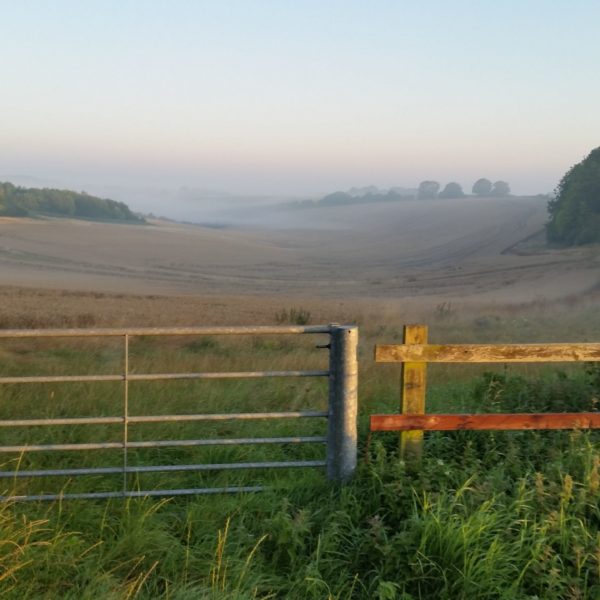
Application assessment
Applications for over £10,000 will be judged by a Local Assessment Panel.
The Local Assessment Panel includes representatives from the AONB team, Natural England, the farming and land management community, and other specialists. We expect that it will meet to make decisions every 4 to 8 weeks.
Applications for less than £10,000 will be assessed by the FiPL Officer and the Director of the AONB.
Applications will be scored on:
– Fit with Programme Outcomes – 40% of scoring weighting
– Value for money – 20%
– Sustainability / legacy – 20%
– Deliverability – 20%
Farming in Protected Landscapes - More Information
Further Enquiries
For all enquiries contact our Farming in Protected Landscapes Officer at JemimaSelloowd@northwessexdowns.org.uk
GET IN TOUCHLooking towards Ham; Mowing haylage towards Ladle Hill & Watership Down, Lord Carnarvon; Barley, Ann Shepley

